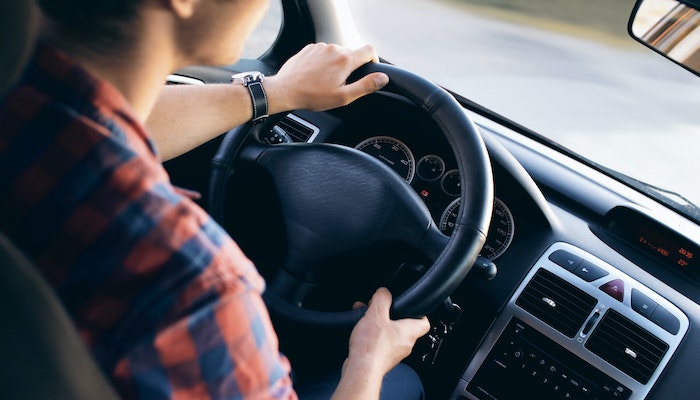
When drivers are involved in car accidents, the typical legal explanation for why they happened is usually negligence. If you’re looking to establish that the other driver was negligent in your collision and therefore responsible for your damages, the plaintiff has to prove all of the elements of negligence.
Car Accident Damages
Damages are the economic and non-economic setbacks that the plaintiff suffers as a result of the accident. Damages often include property damage, medical expenses, lost time from work, and pain and suffering. If you’ve suffered an accident, due to negligence Belleville Car Accident Lawyer – Hipskind & McAninch, LLC can be of assistance.
Negligent Driver Elements
According to tort law, the first element of a negligence claim is duty. Duty arises because of the special relationship between the victim and the other drivers. In car accidents, this can mean a negligent driver versus the victim. In workplace claims, duty can be between an employer and employees.
According to the rules of personal injury law, individuals owe each other the duty to protect each other from foreseeable harm. This is especially important in accident injury cases involving motor vehicle accidents.
Additional Elements in Negligence Claims
The other elements of a negligence claim are a breach of duty, causation, and damages. Once duty is established, your legal team can assess how the negligent driver(s) breached the duty. Next, your legal team is charged with the duty to prove the other driver’s negligence was the cause of your, the plaintiff’s, injuries.
All drivers have to drive reasonably. This was made law to protect pedestrians, other motorists, and passengers on the road. If a driver breaches their duties, they are found negligent in court and forced to compensate the plaintiff for their damages. The general duty of care behind the wheel often includes:
Duty to Drive at a Reasonable Speed
Drivers have the legal duty to drive at a reasonable and safe speed. Drivers often breach this duty when traveling above the speed limit. Additional factors like weather conditions, road conditions, traffic conditions, and visibility can affect what’s considered a reasonable speed.
Duty to Maintain Equipment
Every driver has to maintain their vehicle. Since vehicles travel alongside one another, each vehicle must be maintained in a safe operating condition. This often means periodic checks that all brakes and lights are functioning properly. Failing to do so could lead to drivers breaching their duty of care. That means they can be found liable for your claim.
Duty to Be Diligent and Alert
Every driver must be aware of the environments they’re driving in. There are many potential hazards on the roads. These hazards often include other vehicles, cyclists, and pedestrians. In instances of negligence, if the defendant’s actions or lack of actions don’t align with the actions of a reasonably prudent person, they can be found liable.
When accidents occur in certain areas, like a school zone or a construction zone, the laws in every state stipulate that a reasonably prudent driver should slow down. Failing to do so violates the law, breaches the duty of care, and can lead to liability in a personal injury accident case.
Duty to Maintain Control of the Car
Failing to maintain control of a vehicle by being alert and being able to stop when necessary, can lead to being responsible for a car accident. Drivers that are unable to control their vehicle can be found liable in a car accident tort claim.
Duty to Follow The Law
Since every state has a different set of driving laws, with which all drivers must comply, drivers can be held liable for accidents caused when they don’t. If a driver breaches his or her duty to obey relevant traffic laws, they can be found negligent.
Generally, state-imposed duties include driving without being under the influence of drugs or alcohol, following right-of-way laws, and driving on the right side and portion of the road. When a driver breaches any of the duties above and this breach causes someone to suffer damages, the victim can consult with a personal injury lawyer about pursuing a personal injury lawsuit.
What Happens When Drivers Breach Their Duties?
When a driver is in breach of driver duties they can be found negligent in a car accident personal injury case. Failure to follow any of the rules of the road is adequate cause for a personal injury case. If you’ve been the victim of another driver’s breach of their legal duties on the road, you could be entitled to compensation.






